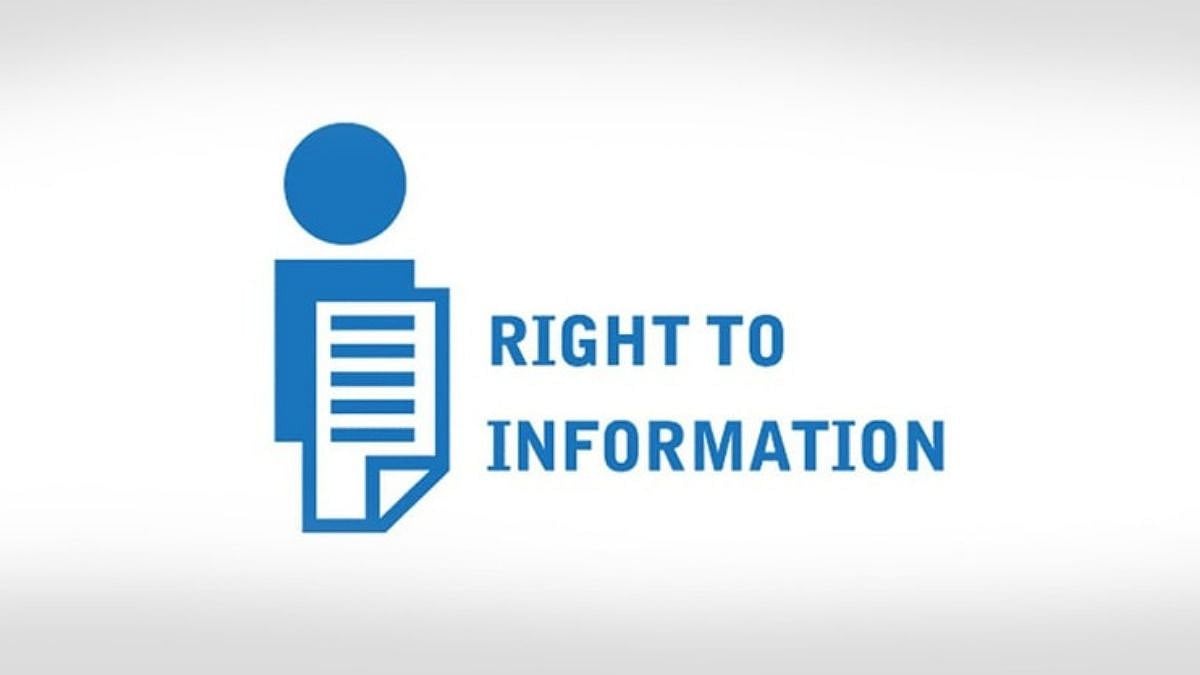India’s Right to Information (RTI) Act came into force on October 12, 2005. It is one of the strongest transparency laws in the world. It essentially says that if any information cannot be denied to a lawmaker, i.e., a Member of Parliament or state legislature, then it cannot be denied to any citizen of India.
It empowers citizens to be on par with the so-called rulers, who are in essence people’s representatives. It has transformed governance in India. For the first time, citizens had a legally enforceable right to ask questions of the state and expect answers.
It empowered citizens across class, caste, and region to hold government agencies accountable. No longer was the citizen a passive recipient of state authority, and the state was accountable to the citizen.
The RTI was the culmination of nearly two decades of a citizen-led grassroots movement for accountability. The movement started with the simple premise that citizens have a right to say, “It is our money, so we want to know how it is spent” (humaara paisa, humaara hisaab). The RTI gives the citizen a right to ask questions and obliges the state to answer them. It has helped transform governance in India.
Over the last two decades, the RTI has exposed corruption, improved delivery of welfare benefits, and enabled public scrutiny over electoral finance, public procurement, pensions, ration systems, and infrastructure spending. It has empowered ordinary citizens to challenge opacity in local administration. For many, it became their only shield against arbitrary power. It has helped tackle delay or malfeasance in simple things like impediments in ration card or passport issuance.
And because of this power, it has also demanded and extracted a price. At least 100 RTI users have been murdered for seeking information that threatened vested interests.
Today, however, this hard-won democratic tool faces its most serious threat yet. There is danger that the right to know will become the right to deny in the hands of authority. This threat to the RTI has come from the passage of the Digital Personal Data Protection (DPDP) Act of 2023. Section 44 (3) of this new law amends the RTI Act itself, amending Section 8 (1) (j).
The original text of this section of the RTI Act had a public-interest override, permitting disclosure of personal information if a larger public interest justified it. This override was crucial. It recognised that transparency and accountability are the foundations of democratic governance. The DPDP removes this override.
Privacy will now become a near-absolute shield, unless the government chooses otherwise. The amendment to the RTI turns a careful balancing test into a default veto, allowing public information officers to refuse disclosure simply by citing privacy.
Moreover, the DPDP expands the definition of “person” to include companies, associations, and even the state, meaning that even corporate-government contracts could theoretically be shielded as personal data. This is not merely a legal technicality; it changes the character of the RTI Act itself. Where once information was presumed open unless specifically exempt, now information is presumed closed unless the state chooses to open it.
The power has shifted from citizens to the state.
The original dent in weakening the RTI came not from the DPDP legislation but from the judiciary. In Girish Ramchandra Deshpande v. CIC (2012), the Supreme Court held that information about disciplinary proceedings and service records of a public servant constituted “personal information” and therefore could be withheld under Section 8(1)(j) of the RTI Act.
The Court treated this as a matter between the employee and the employer, without acknowledging that the real employer of public servants is the public itself. The Girish Deshpande judgement became a template for routine denial of information. Once anything involving a person was called “personal”, even data related to public duties, such as leave records, caste certificates used for official claims, or expenditure from MP or MLA funds, began to be withheld.
The situation worsened after the Puttaswamy judgement (2017), where privacy was recognised as a fundamental right, an important and welcome development in itself. But in the absence of careful balancing, privacy began to override transparency, even where public interest was clear and compelling.
There has also been an otherwise steady institutional erosion of the RTI from its early days. Across 29 Central and State Information Commissions, more than 4 lakh appeals are pending, and many of them for over a year. Several commissions are non-functional, and key posts remain vacant for long periods.
Thus, even before the present privacy law change, rising pendency, appointment delays, and weakened autonomy of commissions had begun to sap RTI’s effectiveness. The result is a slow suffocation: more denials, delayed appeals, citizens discouraged from filing, and reduced deterrence against corruption.
We must remember that the RTI was not born in Parliament. It was born in village meetings, street protests, hunger strikes, public hearings, and citizen mobilisation. That same collective vigilance will be needed again now.
What is needed to be done is as follows: Firstly, the public-interest override and RTI balance must be restored. Privacy does matter, but corruption, abuse of state power, and public finance accountability matter more.
Secondly, we must reinstate the proviso that information that cannot be denied to Parliament cannot be denied to any citizen. This principle is the heart of democratic equality.
Thirdly, all vacancies must be filled urgently. Fourthly, there should be a mandatory and proactive disclosure of information, thereby reducing the RTI burden and removing excuses for secrecy. Fifth, we must have stronger protection for RTI users, and the Whistle Blowers Act passed in 2014 must be implemented.
The achievements and the power of the RTI cannot be overstated. The RTI is not merely a procedural tool or a bureaucratic mechanism; it embodies the idea of citizenship itself and the idea that the state belongs to the people, not the other way around.
If we believe that citizens have the right to govern those who govern them, then the struggle to defend the RTI, as with the struggle to create it, must continue with courage, vigilance, and a collective voice.
Dr Ajit Ranade is a noted Pune-based economist. Syndicate: The Billion Press (email: editor@thebillionpress.org)




